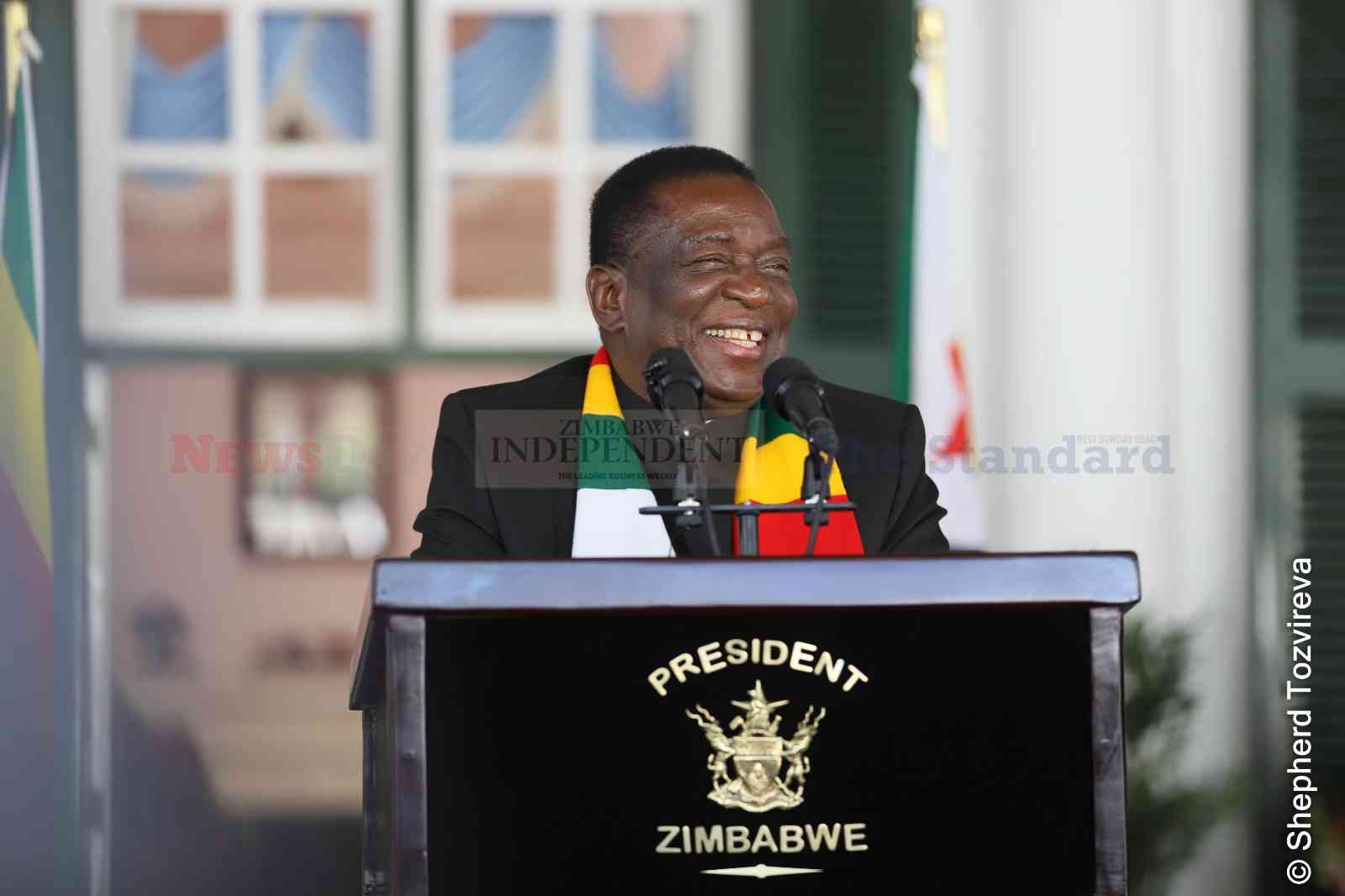
CIVIL servants are wallowing in poverty and financial despair, a result of unfulfilled promises by President Emmerson Mnangagwa’s government, the NewsDay can report.
The government employees are struggling to survive on meagre salaries that have been ravaged by inflation.
Their representatives painted a gloomy picture as Zimbabweans prepare to join the world in commemorating the Workers Day tomorrow. They lamented government’s unfulfilled promises including provision of solar systems and 500 000 housing units as part of their non-monetary benefits.
The government also pledged to pay the employees a living wage among other commitments.
This has resulted in a mass exodus of skilled workers, who opt for menial foreign jobs owing to poor remuneration back home.
Reports have indicated that the civil service lost more than 5 000 employees to the United Kingdom while other countries such as South Africa, Australia and New Zealand continue to lure Zimbabwean workers.
Government chief negotiator in the wage negotiations Nobert Machinjike yesterday said the employer would continue engaging workers in a bid to improve both their wages and non-monetary benefits.
“We have all committed to continuous engagement with the workers and I am happy that we have come up with a hardened remuneration framework for the earnings.
- NoViolet Bulawayo’s new novel is an instant Zimbabwean classic
- Jah Prayzah, Zanu PF rekindles ‘lost love’
- Bank workers appeal to Ncube for tax relief
- Indosakusa marks 21-year anniversary milestone
Keep Reading
“It is also important that we agree with the workers that our remuneration framework is also competitive in the region but we are working together to identify key issues that will see the government employees getting satisfactory earnings,” he said.
However, Zimbabwe Confederation of Public Sector Trade Unions chairperson David Dzatsunga yesterday told NewsDay that there is concern over government’s unfulfilled promises.
“We have seen that there is no interest by the government to address our issues. We have heard that the government wants to install solar panels for civil servants at their homes in 2022 but that never happened.
“There is also an issue of hierarchy, those civil servants at a lower rank have never benefited at all. Then there is this issue of housing where we think the government has the capacity to provide land or a facility that can allow civil servants to have their own houses. But this also has not happened,” Dzatsunga said.
He said government should honour its commitments and prioritise the welfare of civil servants.
Medical and Dental Private Practitioners Association of Zimbabwe president Johannes Marisa said the general working conditions of the country’s workforce were deplorable.
“There is poor infrastructure and we implore the government to improve the conditions of health workers. Health workers do not have proper accommodation, decent means of transport; they need vehicles,” Marisa said.
Health workers also bemoaned government’s decision to block collective action especially by health workers.
“We were supposed to have gone on strike early this month because of our poor wages but we were later told by the Zimbabwe Nurses Association that the government has blocked the strike and we feel let down given the nature of our job. We think we should be getting fair salaries,” they said.
Amalgamated Rural Teachers Union of Zimbabwe President Obert Masaraure accused the Mnangagwa administration of allegedly employing military tactics citing the deployment of command tactics in handling labour disputes.
“The government of Zimbabwe under Emmerson Mnangagwa is worse than Rhodesia and Mugabe combined. The militarised government is deploying command tactics in handling labour disputes. The Constitution in Section 65 provides for the right to a fair wage and right to engage in job action. These rights can't be withdrawn by some individuals who just have a five-year mandate,” he said.
Public Service International sub-regional secretary for Southern Africa Tichaona Fambisa called on the government to prioritise investment in the public service sector.
“Government of Zimbabwe should make sure that it invests more in public service so that public sector workers and health workers can earn decent salaries and fail to find reasons to migrate,” Fambisa said.
Calls for industrial action continue to grow among civil servants, but the government has been uncompromising and enforcing a “no work, no pay” policy for civil servants who participate in illegal demonstrations or stay-aways.







